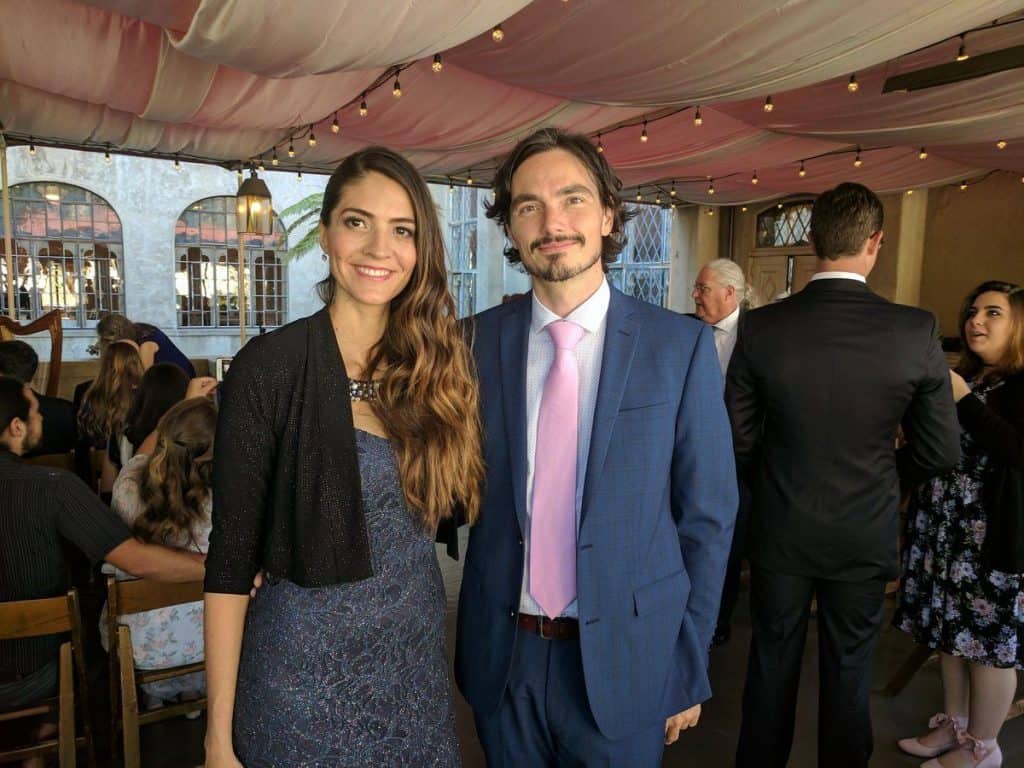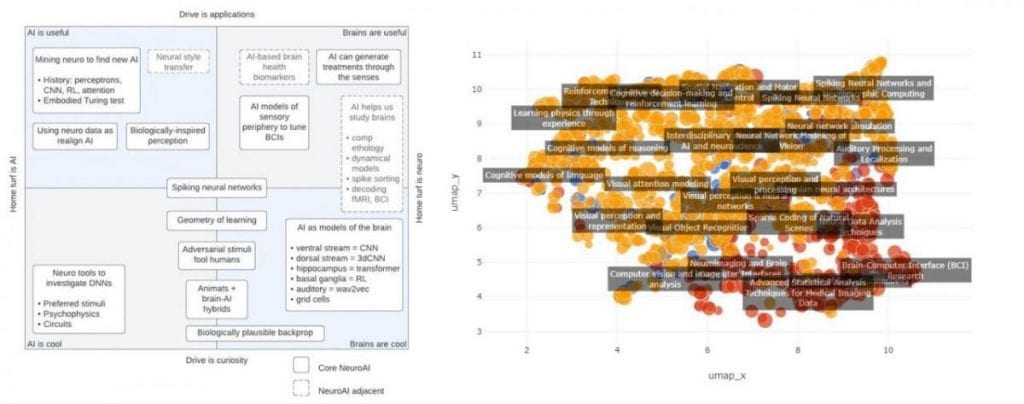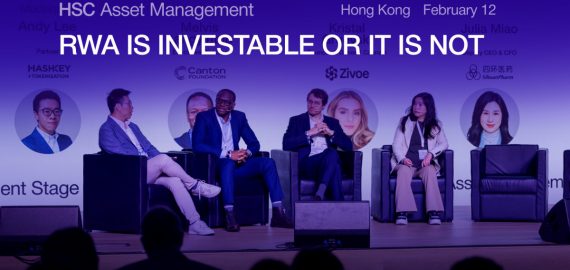GenAI Reveals Unprecedented Analytical Ability, Patrick Mineault Claims


In Brief
Mineault’s research focuses on overcoming schizogenesis in NeuroAI research, investigating the most promising path between neuroscience and AI.
He synthesizes approaches by analyzing 40,000 scientific articles, identifying 1,500 articles that directly addressed the relationship between neurobiology and AI, and positioning these articles within the landscape of possible interconnections and mutual influences.
The case study serves as a testament to the immense potential of GenAI and its ability to achieve intellectual results previously unattainable by humans alone.
The debate surrounding the true value and potential of generative AI, or GenAI, has been a topic of much discussion. While many skeptics dismiss it as mere hype, a recent case study presented by Patrick Mineault challenges these notions and showcases the immense analytical capabilities of GenAI.

Critics argue that large language models, powered by generative AI, are nothing more than failed attempts to simulate human creativity. They claim that these models cannot create anything genuinely new but rather serve as a mere imitation of human intelligence. However, proponents of AI, who are more inclined towards GenAI, have reported significant benefits from utilizing this technology as a smart search engine and a comprehensive reference book.
Douglas Hofstadter, a figure in the AI field, has even expressed his skepticism regarding the personal benefits he derives from using GenAI. Despite such reservations, it is essential to explore the potential and groundbreaking applications of GenAI, as demonstrated by Patrick Mineault’s compelling case study.
Mineault’s research focuses on overcoming schizogenesis in NeuroAI research, which involves investigating the most promising research path between neuroscience and AI. He aims to understand whether leveraging the findings of neuroscience to enhance AI (Neuro → AI) or vice versa (AI → Neuro) yields more fruitful results.
To achieve this, Mineault proposes synthesizing approaches rather than perpetuating their divisions. This requires the following steps:
- Schematizing the landscape of possible connections and mutual influences between neuroscience and AI.
- Analyzing an extensive corpus of research in both fields.
- Identifying research specifically related to the relationship and mutual influence of neuroscience and AI.
- Positioning the identified research within the landscape of possible interconnections and mutual influences.
The result of Mineault’s research is nothing short of impressive. By harnessing the power of GenAI, he was able to analyse 40,000 scientific articles spanning four decades in the fields of neuroscience and AI. Subsequently, he identified 1,500 articles that directly addressed the relationship and mutual influence between neurobiology and AI.
Finally, Mineault utilized GenAI to position these 1,500 articles within the landscape he had devised, showcasing the intricate connections and influences between neuroscience and AI. The visual representation of this analysis can be viewed in his post, with Mineault’s landscape on the left and the results obtained using GenAI on the right.

The significance of this achievement cannot be overstated. Undertaking such an extensive analysis manually would have been an insurmountable task for any human researcher. However, GenAI’s analytical prowess and ability to process vast amounts of information in a short period made this groundbreaking research possible.
The case study presented by Patrick Mineault serves as a testament to the immense potential of GenAI. It not only demonstrates the specific research benefits of utilizing this technology but also showcases how it can achieve intellectual results that were previously unattainable by humans alone.
The article was created with the Telegram community’s assistance.
Read more about AI:
Disclaimer
In line with the Trust Project guidelines, please note that the information provided on this page is not intended to be and should not be interpreted as legal, tax, investment, financial, or any other form of advice. It is important to only invest what you can afford to lose and to seek independent financial advice if you have any doubts. For further information, we suggest referring to the terms and conditions as well as the help and support pages provided by the issuer or advertiser. MetaversePost is committed to accurate, unbiased reporting, but market conditions are subject to change without notice.
About The Author
Damir is the team leader, product manager, and editor at Metaverse Post, covering topics such as AI/ML, AGI, LLMs, Metaverse, and Web3-related fields. His articles attract a massive audience of over a million users every month. He appears to be an expert with 10 years of experience in SEO and digital marketing. Damir has been mentioned in Mashable, Wired, Cointelegraph, The New Yorker, Inside.com, Entrepreneur, BeInCrypto, and other publications. He travels between the UAE, Turkey, Russia, and the CIS as a digital nomad. Damir earned a bachelor's degree in physics, which he believes has given him the critical thinking skills needed to be successful in the ever-changing landscape of the internet.
More articles

Damir is the team leader, product manager, and editor at Metaverse Post, covering topics such as AI/ML, AGI, LLMs, Metaverse, and Web3-related fields. His articles attract a massive audience of over a million users every month. He appears to be an expert with 10 years of experience in SEO and digital marketing. Damir has been mentioned in Mashable, Wired, Cointelegraph, The New Yorker, Inside.com, Entrepreneur, BeInCrypto, and other publications. He travels between the UAE, Turkey, Russia, and the CIS as a digital nomad. Damir earned a bachelor's degree in physics, which he believes has given him the critical thinking skills needed to be successful in the ever-changing landscape of the internet.



















































